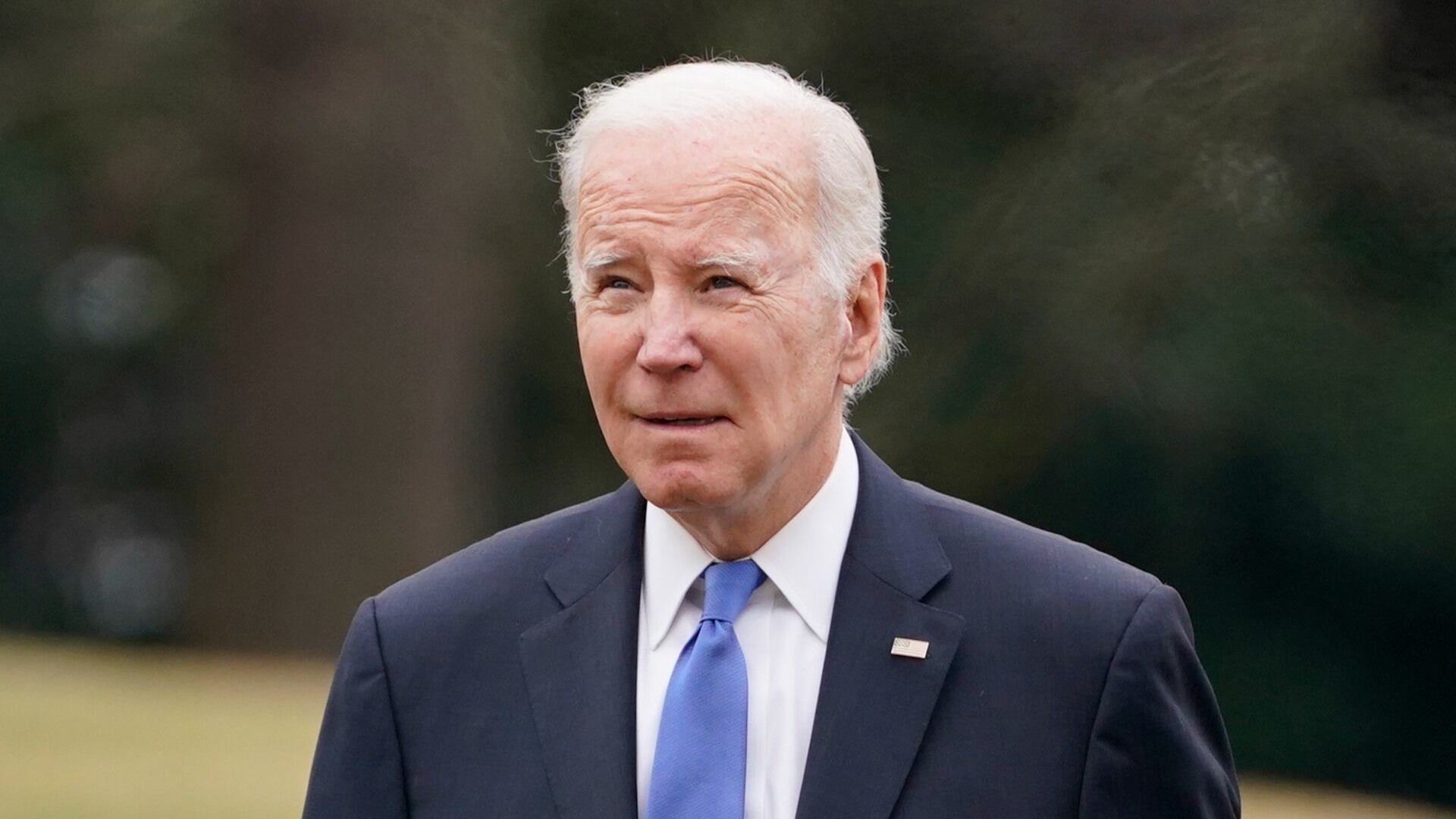President Joe Biden is again calling for gun safety legislation in the wake of several mass shootings.
Biden urged both chambers of Congress to act quickly to deliver a bill banning assault weapons to his desk. The United States has seen 39 mass shootings in the first three weeks of 2023, according to the Gun Violence Archive.
Senator Dianne Feinstein (D-Calif.) introduced an Assault Weapons and High-Capacity Magazine Ban in the Senate on Monday, along with legislation that would raise the purchasing age to 21.
“The constant stream of mass shootings have one common thread: they almost all involve assault weapons,” Feinstein said. “It’s time we stand up to the gun lobby and remove these weapons of war from our streets, or at the very least keep them out of the hands of young people.”
Biden supported the measures Feinstein introduced, noting a 1994 assault weapons ban he helped pass which aimed to reduce the number of mass shootings.
“In the 10 years that the Assault Weapons Ban was on the books, mass shootings went down,” Biden said in a statement. “After Republicans let the law expire in 2004 and those weapons were allowed to be sold again, mass shootings tripled.”
“Communities across America have been struck by tragedy after tragedy, including mass shootings from Colorado Springs to Monterey Park and daily acts of gun violence that do not make national headlines,” he said. “There can be no greater responsibility than to do all we can to ensure the safety of our children, our communities, and our nation.”
But, in the currently divided Congress, it is unlikely an assault weapons ban will pass.









